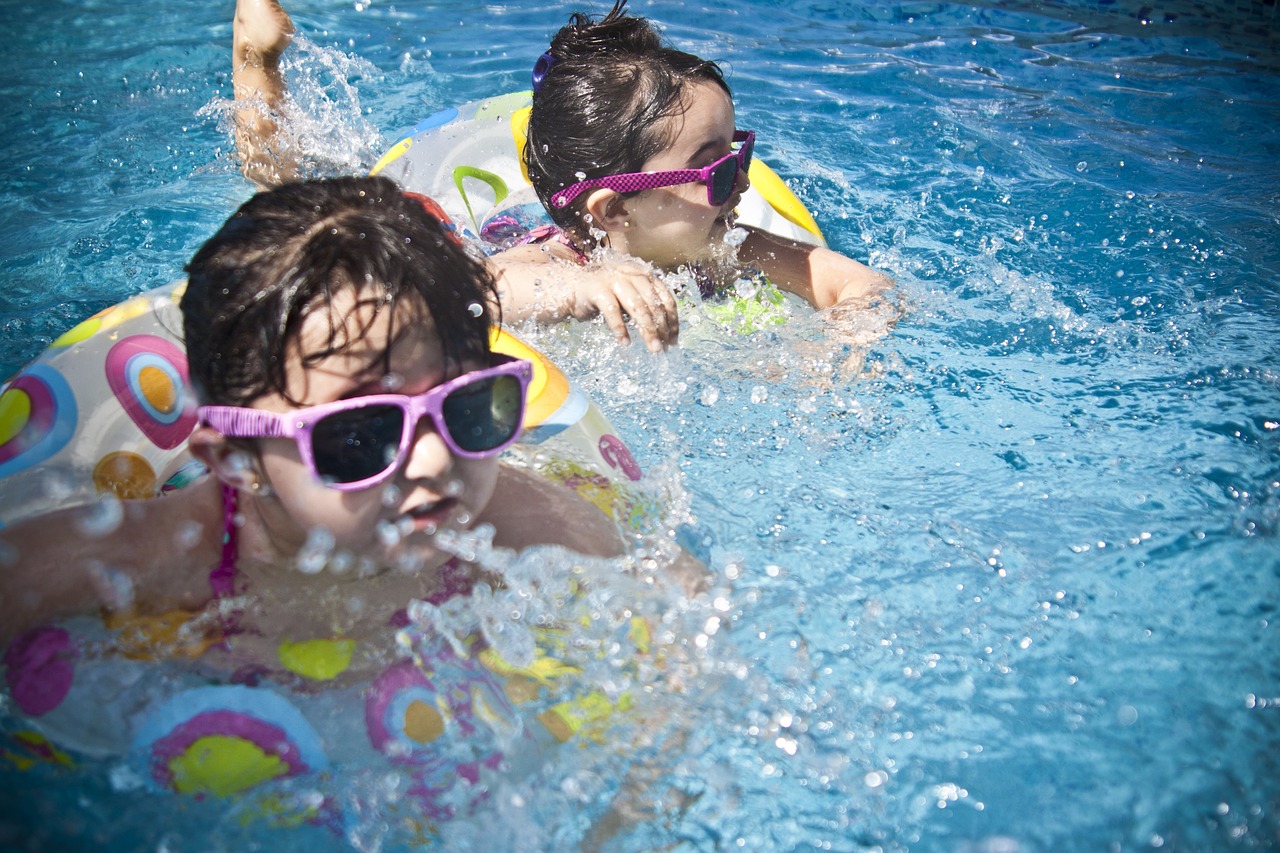Swimming classes adults offer a practical path to learning or improving swimming skills at any age. These classes accommodate all levels, from beginners who have never swum before to experienced swimmers aiming to enhance technique and confidence in the water. Adult swim lessons provide personalized instruction tailored to individual skill levels, making it easier and more comfortable to progress.
Many programs focus on creating a supportive environment where adults can learn at their own pace, often with private or small group sessions. With options ranging from community centers to private instructors who may even travel to your pool, accessibility and convenience are priorities in adult swim education.
Whether for fitness, safety, or enjoyment, swimming classes for adults emphasize building endurance, technique, and water confidence. This makes swimming a skill that can be mastered and enjoyed throughout life, regardless of previous experience.
Benefits of Swimming Classes for Adults
Swimming classes for adults provide a structured approach to improving fitness, mental health, and water skills. These classes offer tailored techniques and guidance that support physical improvement, psychological balance, and increased self-assurance in aquatic environments.
Physical Health Advantages
Swimming delivers a full-body workout that strengthens muscles, improves cardiovascular health, and enhances flexibility with low joint impact. This makes it especially suitable for adults with arthritis, joint issues, or those recovering from injuries.
Consistent swimming can increase lung capacity and endurance while promoting weight management. Because it is low-impact, the risk of injury is lower compared to running or high-impact sports. Additionally, the water’s resistance helps build muscle tone without stressing the body.
These combined benefits contribute to better overall physical fitness, supporting longevity and daily activity levels.
Mental Wellbeing and Stress Relief
Swimming has a calming effect on the mind through rhythmic movement and controlled breathing. This can reduce anxiety and symptoms of depression by releasing endorphins, the body’s natural mood elevators.
The immersive nature of water enables a break from daily stressors, helping adults focus on the present moment. Many find the sensory experience of water soothing, which fosters relaxation and mental clarity.
Regular sessions help improve sleep quality and provide a mental reset, which supports emotional balance.
Building Confidence in Water
Swimming classes build water safety skills that are vital in reducing the risk of drowning and other accidents. Learning proper techniques progressively increases comfort and competence in the water environment.
Acquiring these abilities enables adults to participate confidently in recreational and fitness activities involving water. Structured lessons also help overcome fears linked to water, encouraging independence.
As skills improve, social opportunities in group classes and aquatic settings increase, providing a supportive environment to practice and stay motivated.
Choosing the Right Adult Swimming Class
Selecting an adult swimming class involves evaluating several practical factors. Important considerations include the variety of class formats, the expertise of instructors, and how class size and scheduling fit into an individual’s needs and lifestyle.
Class Types and Skill Levels
Adult swimming classes vary from beginner to advanced levels, allowing students to find a suitable starting point. Beginners often look for introductory lessons focusing on water familiarity, basic strokes, and safety skills. More experienced swimmers might seek classes that emphasize refining technique, endurance, or competitive skills.
Classes usually come in formats such as group lessons, semi-private sessions with low swimmer-to-instructor ratios, or private one-on-one instruction. Group classes offer social motivation and a structured environment. Private lessons give personalized attention and faster skill improvement. Semi-private classes balance both approaches.
Choosing a class aligned with the swimmer’s skill level and learning preferences is essential for continued progress and confidence building in the water.
Qualifications of Instructors
The quality of instruction heavily depends on the certifications and experience held by the instructors. Certified teachers often hold credentials from recognized organizations like the American Red Cross, YMCA, or Lifesaving Society.
Instructors trained in adult education and water safety provide tailored teaching methods that address common adult challenges such as water anxiety or previous injury. Experienced instructors monitor progress closely and adjust lessons to individual needs.
Prospective students should verify instructor qualifications and inquire about their experience teaching adults specifically, as working with adults requires different skills than teaching children.
Class Size and Scheduling
Class size impacts the amount of individual attention a swimmer receives. Small groups or semi-private formats with 2-to-1 or 3-to-1 student-to-instructor ratios enable more personalized coaching and faster skill development compared to larger classes.
Scheduling flexibility is crucial for adults balancing work, family, and other commitments. Options like evening, weekend, or early morning classes accommodate different routines.
Swimmers should consider how often classes meet per week and session duration. Consistent and frequent practice sessions are more effective for building skills and confidence over time.









Leave a Reply